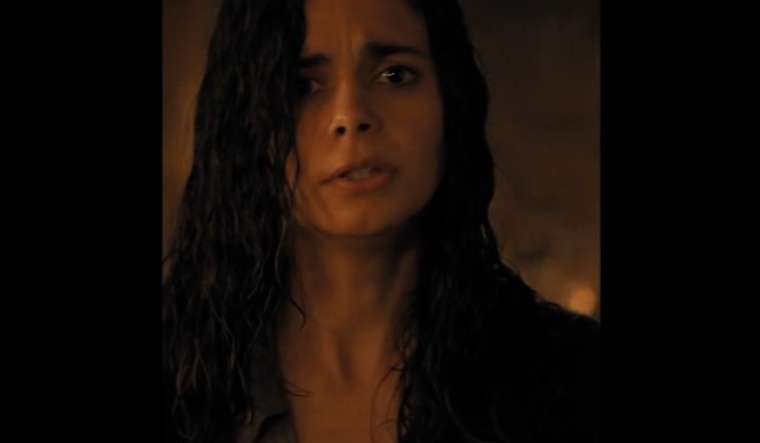A blind French girl who is fearlessly transmitting codes to the Allied forces...
A German boy forced to join the Nazis because of his extraordinary knack of radios...
When you set out to adapt a Pulitzer Winning 500-page long World War II novel, it is imperative that you preserve the darkness and nuance of its world as well as the moral ambiguity of the characters. Otherwise, the adaptation risks becoming cliched and two-dimensional.
Screenwriter Steven Knight and director Shawn Levy’s much-awaited Netflix mini-series based on Anthony Doerr’s Pulitzer Prize-winning novel “All the Light We Cannot See” has its strengths as well as failings. The adaptation is visually stunning, full of beautiful shots with lovely lighting set in a coastal French city. Also, Aria Mia Lobetti is convincing in her debut role as Marie-Laure LeBlanc.
But Levy’s adaptation is far too pretty all the time and the protagonists are essentially good, that is, except for the unequivocally evil, frenzied Nazi Sgt Maj Reinhold von Rumpel (Lars Eidinger). He is on a hunt for a reportedly magical rock-- the 'Sea of Flames'-- that he believes will cure his unspecified terminal illness.
As in the case of Werner Pfennig (Louis Hoffman), an unwilling Nazi, the potential for interrogating ideas of good and evil in hard times is sadly left unexplored.
Werner was taken to the National Political Institute of Education, a Nazi training school, where “boys become men and men, soldiers.” We get scenes of the initiation ritual where the big boys in the school chase the unsuspecting Werner into the woods and beat him up. We also see him impress the teachers with his genius. However, what we do not see at all is the transformation in his character, the dilemma he faces or how his humanity resists the poisonous propaganda imposed upon him. He claims repeatedly that the things he has seen still haunt him. But, the audience never gets to see what Werner saw as all the bad things happen off screen. And since we never witness his sins, his potential redemption and heroism do not have any of the original poignancy.
The dialogues tend towards trite and melodramatic, falling flat most of the time. The profound philosophical themes of light in darkness— “the most important light is the light we cannot see”— only work in the novel because they exist within a world that is rife with the everyday suffering of war, laid out in incredible detail. Without laying the proper groundwork to create this world of powerful detail, Levy’s “All the Light We Cannot See” remains a glossy surface-level adaptation of the novel.
All The Light We Cannot See
Language: English
Director: Shawn Levy
Cast: Aria Mia Loberti, Mark Ruffalo, Louis Hofmann, Lars Eidinger



